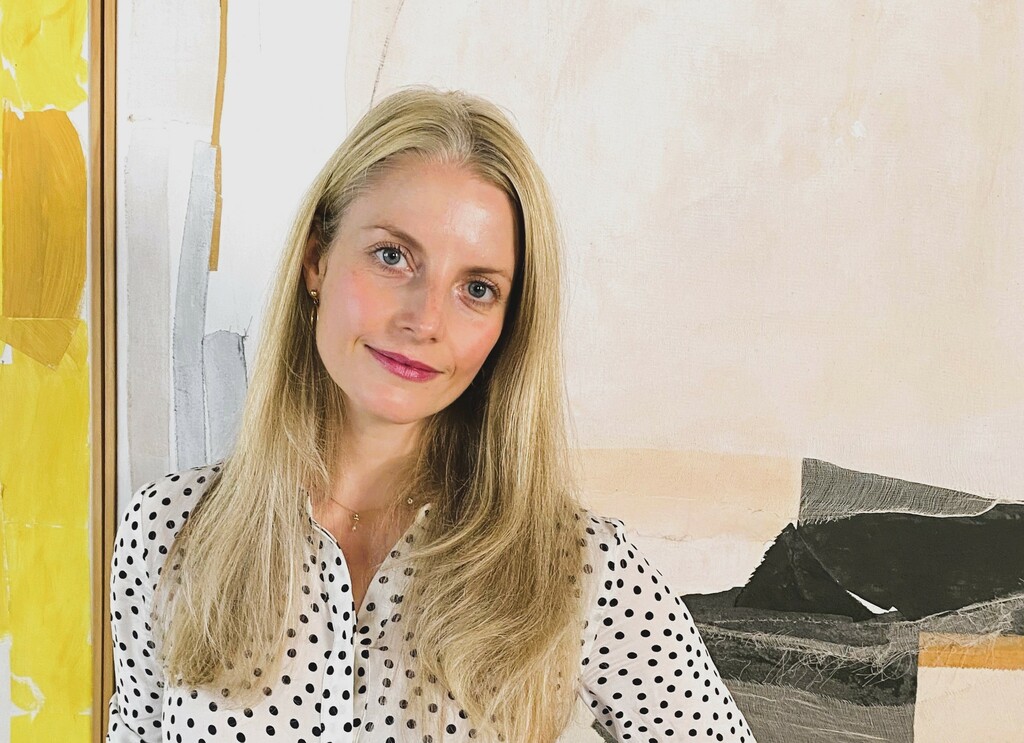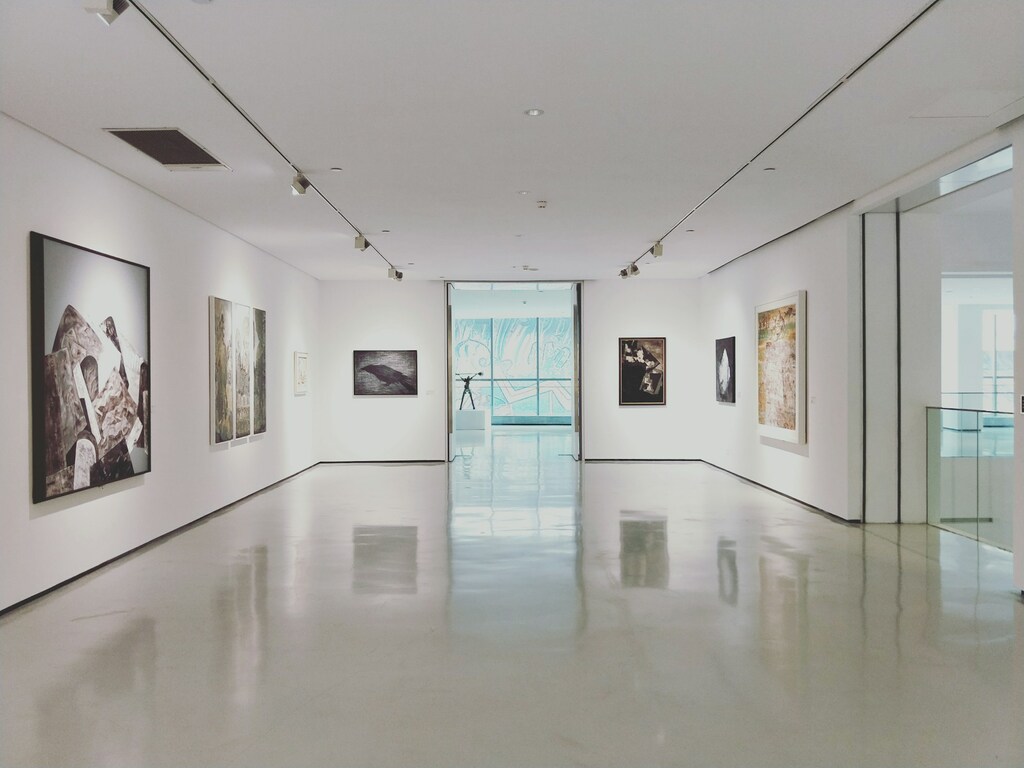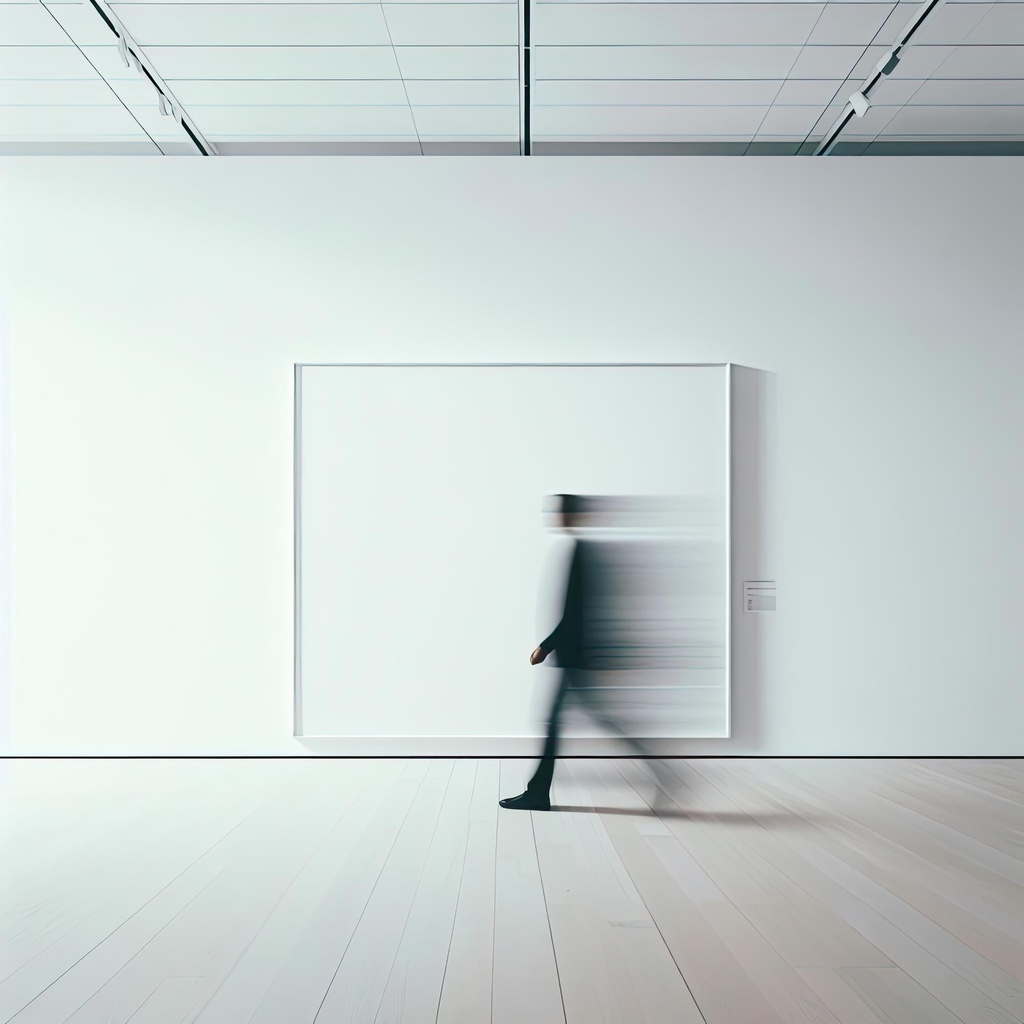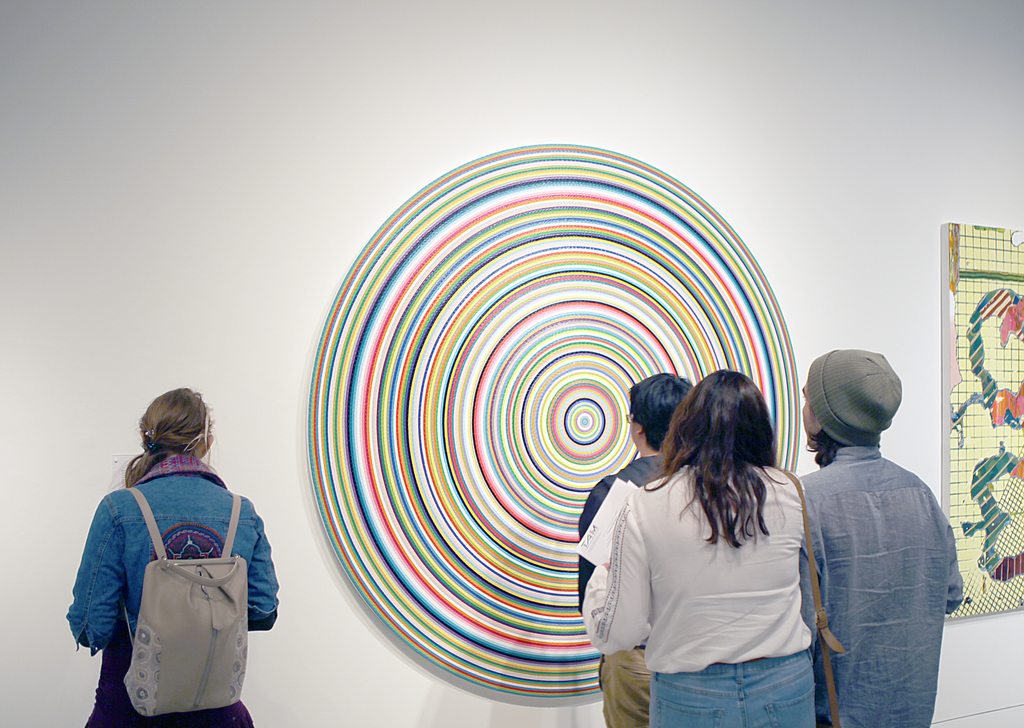Profile

Currently Julia is Professor for practical philosophy and cultural Philosophy at University of applied Sciences in Darmstadt, Germany; she is affiliated with the European University of Technology and runs her own consultant business for art & design projects. She also is member of the AICA (German Section) – the international Association of Art Critics.
Julia was awarded doctor of philosophy in 2012 from Goethe University Frankfurt/M. after studying philosophy, art history and archaeology in Frankfurt/M. and at the Albert-Ludwigs-University Freiburg and the University of Basel, Switzerland; additionally she holds a postgraduate degree in cultural and media practice from the Institute for German Literature and Didactic in Frankfurt/M.
Originally coming from the philosophy of mind and language with strong interest in the realism-antirealism issue as it is linked to questions of truth, Julia is specializing in the field of practical philosophy and art and design philosophy. Here she is most interested in the combination of empirical and philosophical findings in aesthetics and the interconnection of aesthetics and ethical dimensions. The feasibility of sustainability goals such as inclusion, diversity and ecological resource conservation specifically in the context of art, design and technology has a growing influence on her thinking.


